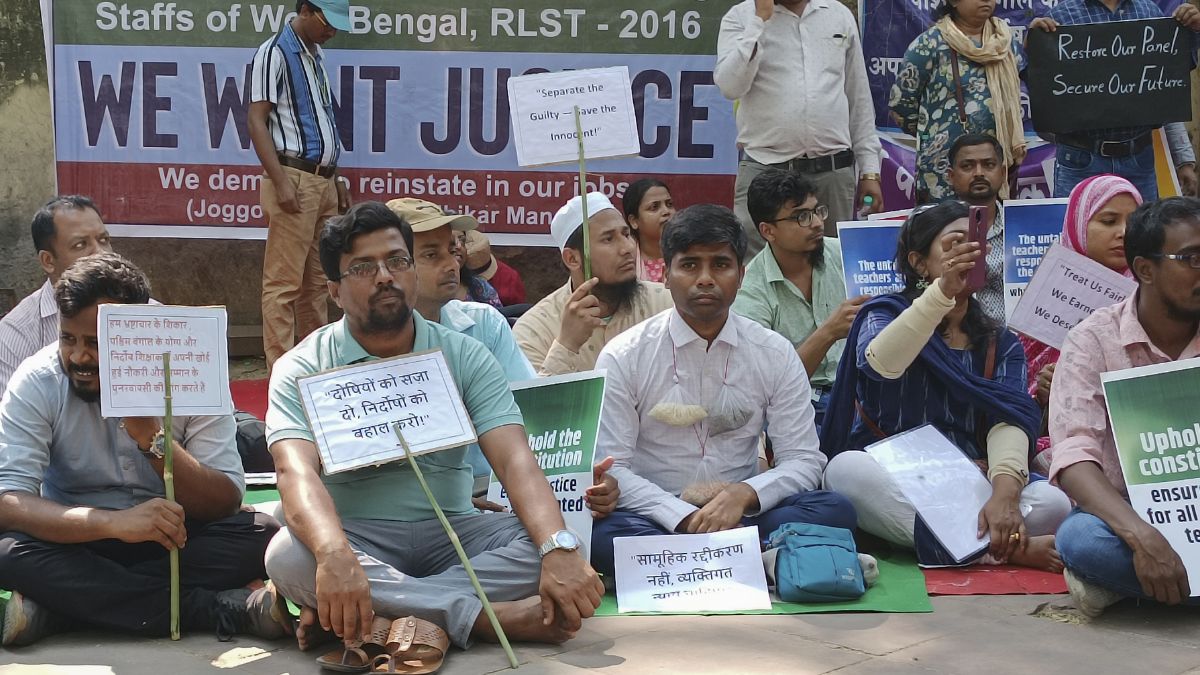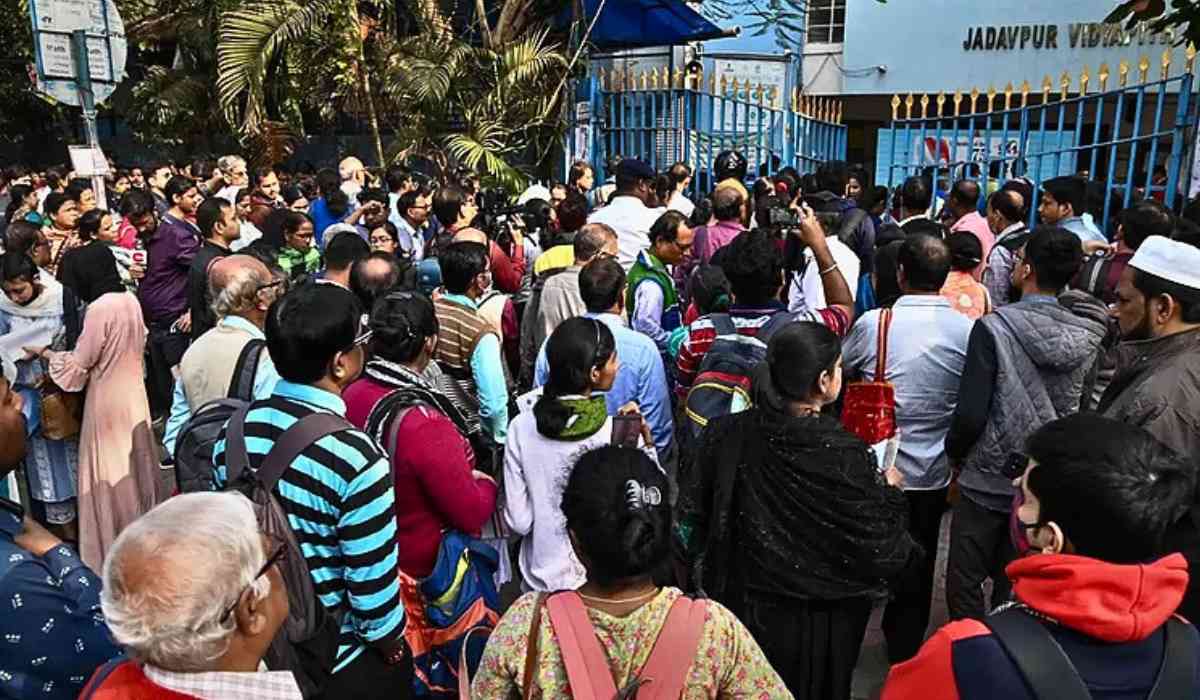Thousands of teachers in West Bengal have been protesting outside the School Service Commission (SSC) office in Salt Lake, Kolkata, since Monday night, refusing to leave until their demands are met. The protests follow a Supreme Court order on April 3 that canceled the jobs of 25,753 teachers and school staff due to "widespread irregularities" in the 2016 recruitment process. Here’s what’s happening and why it matters.
What Sparked the Protests?
The Supreme Court scrapped the 2016 recruitment drive after finding evidence of bribes, forged documents, and manipulated results. Many teachers who lost their jobs say they were hired fairly and want the government to separate them from those who got jobs through fraud. Their main demand is a list of "untainted" candidates—those who qualified without cheating.
The protesters have surrounded the SSC office, sleeping under the open sky and vowing to stay until the list is published. "We won’t move until the SSC shows who deserves their jobs," said one teacher.
Government’s Response

The state government, led by Chief Minister Mamata Banerjee, has promised support but says publishing the list is "not possible" without a court order. Education Minister Bratya Basu earlier claimed the list would be ready in two weeks but later backtracked, warning that releasing it could risk "contempt of court".
Banerjee has urged teachers to return to classrooms, assuring them their salaries are safe. "Don’t worry about who is tainted. Focus on teaching," she said, adding that the government is filing a review petition to reinstate jobs.
Teachers’ Frustration

Protesters accuse the government of broken promises. "They said the list would come by Monday evening. Now they’re blaming the courts," said Samirul Islam, a teacher from Malda. Others fear the delay is a tactic to let the protest fade. "They’re buying time," said Dipankar Bhowmik from Dakshin Dinajpur.
The teachers also want their OMR sheets—exam answer sheets—published to prove their scores were genuine.
"We cleared exams fairly. Why should we suffer for others’ corruption?" asked Shiuli Batabyal, a life science teacher.
Broader Impact
Schools are struggling as many sacked teachers refuse to work. "We’re trying to find substitutes, but it’s chaotic," said a school administrator. Meanwhile, clashes with police have worsened tensions. In April, officers baton-charged protesters, leaving many injured. "We’re teachers, not criminals," said Amit Ranjan Bhuniya, who was kicked by an officer during a protest.
Why This Matters
-
Trust in Institutions: The scandal has eroded faith in the SSC and state government. Teachers argue the system failed them twice—first by allowing corruption, then by not protecting the innocent.
-
Future of Education: With vacant teaching posts, students face disrupted learning. Long-term vacancies could harm education quality in Bengal.
-
Accountability: The protests highlight the need for transparency in government hiring. Without clear rules, similar crises could recur.
What Happens Next?
The government’s review petition in the Supreme Court is critical. If accepted, some teachers might get their jobs back. However, the court has already extended the term of "untainted" teachers until December 31, suggesting a possible middle path.
For now, the standoff continues. The teachers’ resolve remains strong: "We’ll stay here as long as it takes," said Chinmoy Mondol, a protest leader.
With inputs from agencies
Image Source: Multiple agencies
© Copyright 2025. All Rights Reserved Powered by Vygr Media.























